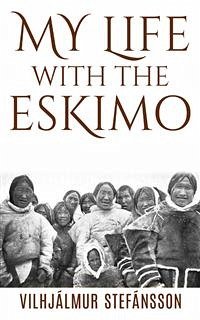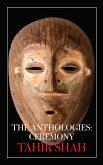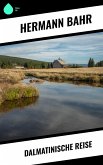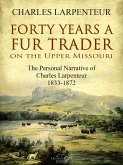The plans of my second expedition took gradual shape during the years 1906-1907, while I was still north of the Arctic circle engaged in the work of my first expedition. It was once intended that I should be the ethnologist of the Leffingwell-Mikkelsen Arctic Expedition, sometimes known as the Anglo-American Polar Expedition, which sailed from Victoria, British Columbia, in the spring of 1906. When the proposal was made to me I found it an attractive one in everything except this: that the expedition's schooner, the Duchess of Bedford, was unprovided with auxiliary motive power, and my book knowledge of Arctic conditions made me fear that she would never reach the proposed site of operations, the west coast of Victoria Island. Mr. Leffingwell and I therefore agreed that I should not join the expedition in Victoria as did its other members, but should go overland and down the Mackenzie River to meet them at Herschel Island, which lies about eighty miles west of the Mackenzie delta. My reason was that if the expedition failed to get so far east I should be able to occupy my time profitably in the study of the scientifically unknown Mackenzie Eskimo. On the other hand, if nothing obstructed the expedition I should be able to join it in early August and proceed with it eastward toward Victoria Island. It turned out that the Duchess of Bedford had good fortune until she reached Point Barrow. At that point the ice blocked her further advance until the season had become late and she was finally overtaken by winter on the north coast of Alaska at Flaxman Island. She was never able, therefore, to pick me up, and I consequently never became a member of the expedition. From the point of view of the ethnologist, this was a very fortunate circumstance. Although I had always doubted that the ship would come to pick me up, I had nevertheless intrusted my entire outfit to her, for I wanted, if I lived with the Eskimo at all, to live exactly as one of them, in their houses, dressing like them, and eating only such food as they did. I now found myself, in accord with my own plan, set down two hundred miles north of the polar circle, with a summer suit of clothing, a camera, some notebooks, a rifle, and about two hundred rounds of ammunition, facing an Arctic winter, where my only shelter would have to be the roof of some hospitable Eskimo house.









